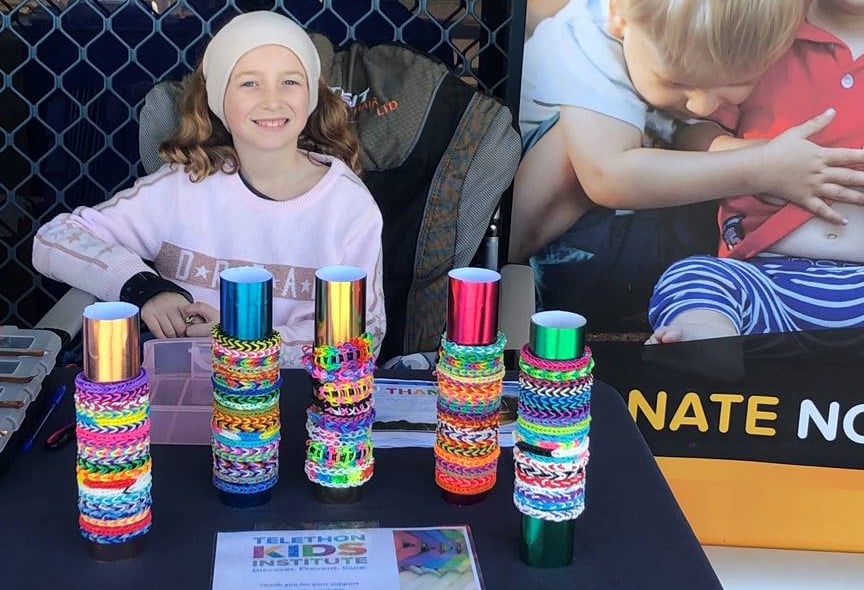Search
The Kids Research Institute Australia's annual report highlights the accomplishments of our researchers, furthering our mission to secure a happier, healthier future for kids everywhere.
The Kids Research Institute Australia's annual report highlights the accomplishments of our researchers, furthering our mission to secure a happier, healthier future for kids everywhere.
The Kids Research Institute Australia's annual report highlights the accomplishments of our researchers, furthering our mission to secure a happier, healthier future for kids everywhere.
At The Kids Research Institute Australia, our vision is simple - happy healthy kids. We bring together community, researchers, practitioners, policy makers and funders who share our mission to improve the health, development and lives of children and young people through excellence in research.

At The Kids, we don’t just accept difference — we celebrate it, and we support it for the benefit of our employees and our community.

News & Events
Community bands together to create a brighter future for our kidsTen-year-old Isabelle decided to make and sell loom band bracelets to raise money for The Kids Research Institute Australia.

Get your workplace and colleagues involved
Your help could be crucial to our autism research

The Kids Research Institute Australia has an ongoing commitment to the development of our people, and our award-winning Emerging Leaders Program aims to foster the next generation of Institute leaders.
The Kids Research Institute Australia is currently in the process of implementing a new recruitment system. Please click the link below to view and
